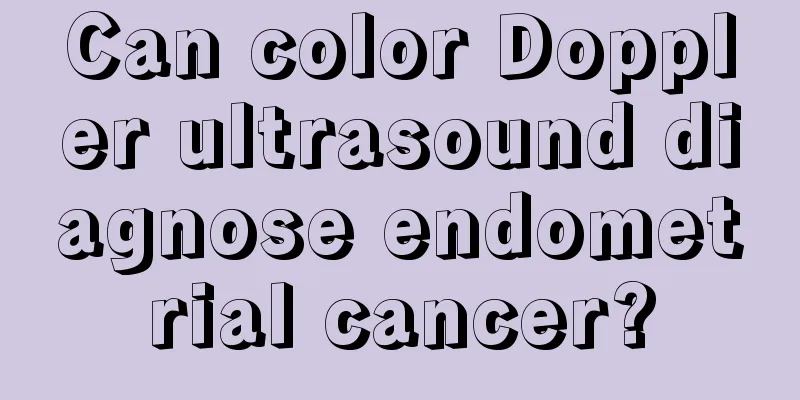What is poorly differentiated nasopharyngeal carcinoma and what is its prognosis?

|
What is poorly differentiated nasopharyngeal carcinoma? What is the prognosis? 1. Nasopharyngeal carcinoma can be divided into many types. Poorly differentiated nasopharyngeal carcinoma is the most common type of nasopharyngeal carcinoma. It has poor pathological differentiation and high malignancy. Its cancer cells tend to grow invasively and metastasize early. It is one of the more difficult types of nasopharyngeal carcinoma to treat. 2. Poorly differentiated nasopharyngeal carcinoma includes poorly differentiated adenocarcinoma and poorly differentiated squamous cell carcinoma. The malignancy of the two is similar. This type of nasopharyngeal carcinoma is mainly caused by the invasion of evil toxins, improper diet, emotional injury, weak constitution, etc. In clinical practice, surgical treatment of poorly differentiated nasopharyngeal carcinoma is very difficult. Radiotherapy can be considered, and the general treatment principle is usually a combination of Chinese and Western medicine. Radical radiotherapy is the main treatment for early stage poorly differentiated nasopharyngeal carcinoma, while palliative radiotherapy is mainly used in the treatment of middle and late stage poorly differentiated nasopharyngeal carcinoma. 3. Although radiotherapy has a more direct killing effect on nasopharyngeal poorly differentiated cancer cells, it can also cause damage to normal cells. In clinical practice, it is often combined with traditional Chinese medicine treatment to play a role in reducing toxicity and increasing efficacy. For the treatment of nasopharyngeal poorly differentiated cancer that recurs after radiotherapy, if the lesion is limited to the posterior or anterior wall of the nasopharyngeal roof, there is no destruction of the skull base bone, the general condition is good, and those who have recently undergone radiotherapy and are not suitable for further radiotherapy can consider resection of the lesion. 4. When it comes to the prognosis of poorly differentiated nasopharyngeal carcinoma, many patients are also concerned. The natural course of nasopharyngeal carcinoma varies greatly from patient to patient. The natural course from the first symptoms to death ranges from 3 months to 113 months. Nasopharyngeal carcinoma is mainly treated with radiotherapy. According to domestic and foreign reports, the 5-year survival rate after radiotherapy is 8% to 62%. With the update of radiotherapy equipment and the improvement of radiotherapy technology, the 5-year survival rate of nasopharyngeal carcinoma after radiotherapy continues to increase. |
<<: Can nasopharyngeal cancer cause deafness
>>: What is the cure rate of early lymphoma? Can diet be used as an auxiliary treatment?
Recommend
About the overview of melanoma
Melanoma, also known as malignant melanoma, is a ...
What should I do if I wake up in the morning and half of my chin is swollen?
Nowadays, many people find their face swollen aft...
How to take care of skin cancer
Skin cancer is a serious skin disease. Generally,...
How to make a fitness plan
Now more and more people are beginning to seek va...
What is the principle behind bedwetting when hands are placed in hot water?
The reason why putting your hands in hot water ca...
Can the skin of fresh walnuts be eaten?
Many friends think that walnut skins are inedible...
What are the effects and functions of banana pear juice?
Bananas are refreshing, sweet and delicious. They...
10 symptoms and warning signs of colorectal cancer
The early symptoms of colorectal cancer may not b...
Sweating and cold body in summer
In summer, the body should be in an extremely hot...
What kind of exercise is good for people with prostate cancer?
Prostate cancer refers to an epithelial malignant...
How to treat diabetes
After suffering from diabetes, the harm to your b...
What should I avoid eating after chemotherapy for lymphoma
Patients with lymphoma generally have no appetite...
What are the life care after nasopharyngeal carcinoma treatment
What are the daily care after nasopharyngeal carc...
What are the commonly used chemotherapy regimens for endometrial cancer?
Patients with endometrial cancer usually have vag...
How to use a coffee pot
Friends who like to drink coffee want to use a co...









